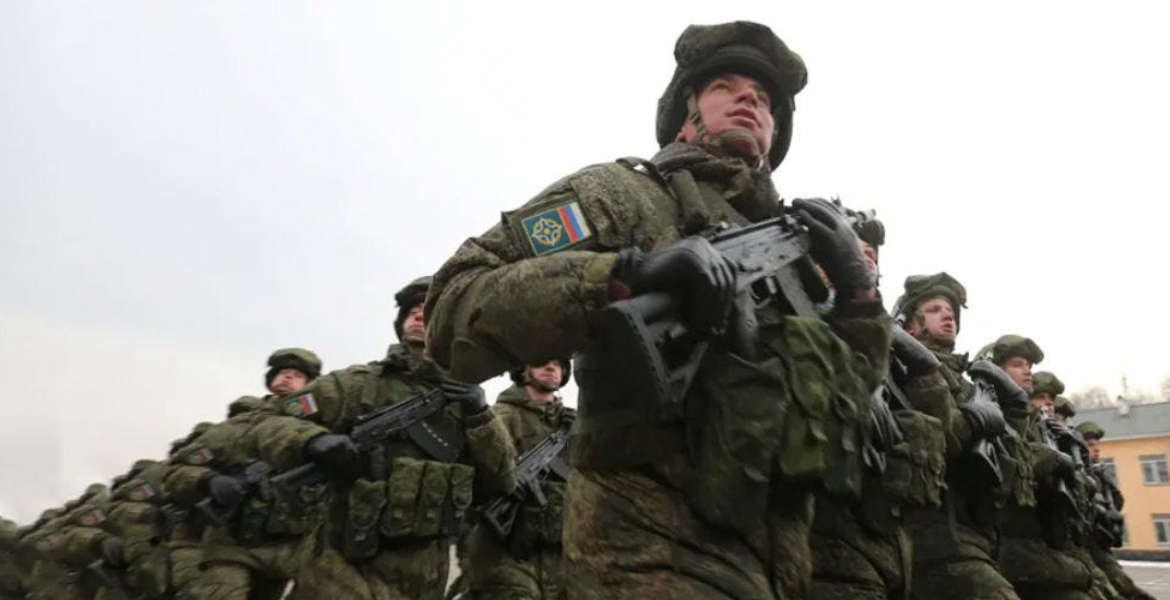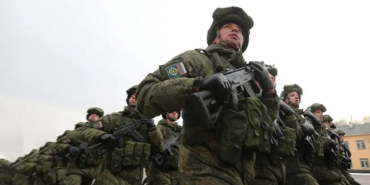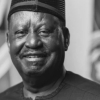Inside the Secret Network Recruiting Kenyans for Russia War

Kenyans are increasingly appearing in the ranks of Russia’s military, with some joining voluntarily for financial gain while others say they were deceived into combat roles.
As the war in Ukraine enters its fourth year, Russia has turned to foreign recruits, including Kenyans, offering attractive pay, legal status and a potential path to citizenship. For some, the move is a calculated decision. For others, it has led to dangerous and unexpected situations.
Kevin, a former officer in Kenya’s General Service Unit, says he left the country in July 2024 after carefully weighing his options. Speaking from a military base in southern Russia, he describes his new life as stable and well-paid.
“Back home there was no money, no opportunities,” he says. “Here, I’m respected.”
He claims to earn around Sh316,000 a month, almost three times his previous salary and says his duties are logistical rather than combat-related. His experience contrasts with that of other Kenyan nationals who report being misled. One man from Nairobi’s Kasarani Sub-county says he was promised a job in an IT firm but was instead forced into military service on arrival in Russia.
After witnessing injured African soldiers, he and three others managed to escape and sought help from the Kenyan Embassy. The travel agent who arranged his journey denies any wrongdoing, though the victim’s wife claims the agent is protected by her husband, a senior officer in Kenya’s Directorate of Criminal Investigations.
Kenya’s Ministry of Foreign Affairs has confirmed that a recruitment network is targeting vulnerable citizens. Principal Secretary Dr Korir Sing’oei says 29 Kenyans are believed to be held against their will in Belgorod, near a Wagner Group base.
Russian officials deny involvement, but Kenyan authorities are in discussions with both Moscow and Kyiv to resolve the situation. Dr Sing’oei notes that voluntary enlistment is legal, but any recruitment through coercion or deception is not.
Russian law allows foreigners to serve in its armed forces under Federal Law No. 53-FZ, which permits stateless individuals and foreign nationals to sign contracts during mobilisation or martial law.
A 2022 presidential decree further encourages recruitment by granting fast-tracked citizenship to those who complete a one-year military contract and take part in combat. Family members of recruits may also qualify for residency and citizenship, making the offer appealing to those seeking economic security.
State-controlled media in Russia have aired footage of African soldiers speaking Swahili or French, presenting their enlistment as a sign of international support. Behind these images, however, are varied experiences. For some Kenyans, service in the Russian military provides financial stability and new opportunities. For others, it has meant coercion and risk.








Add new comment